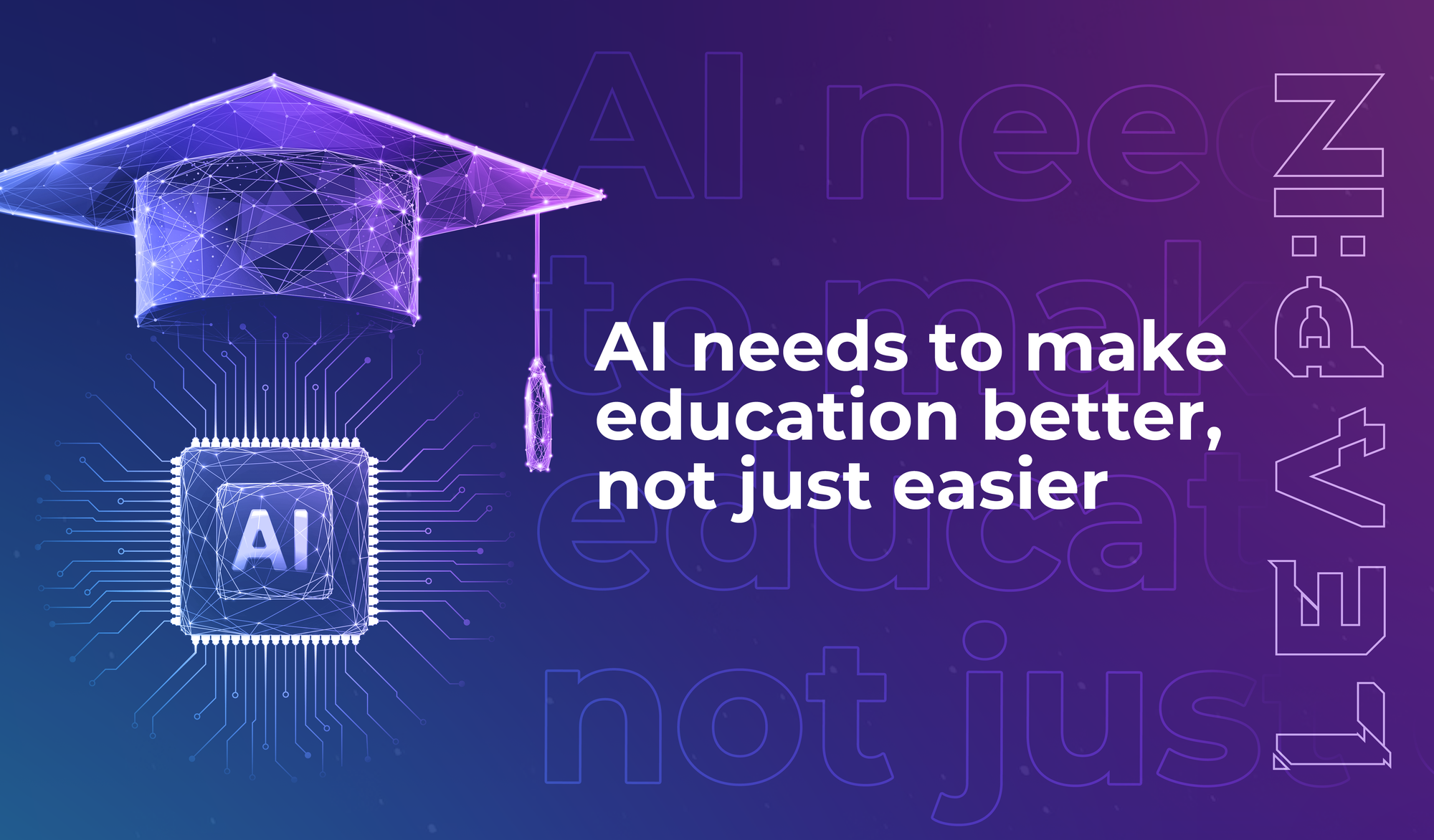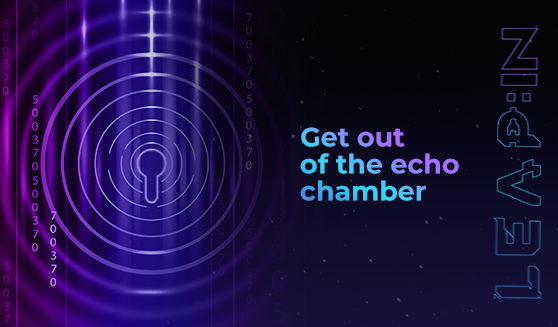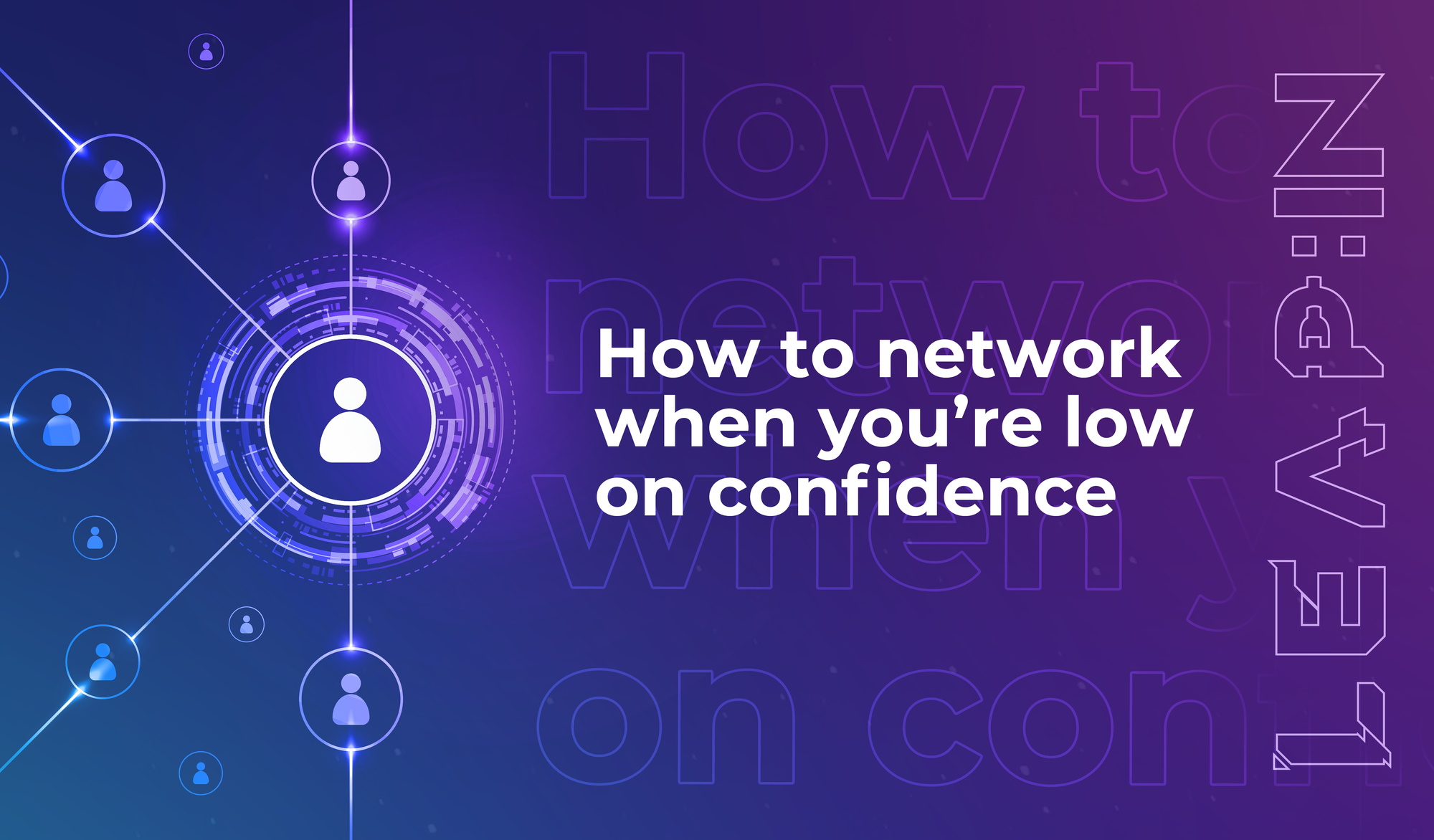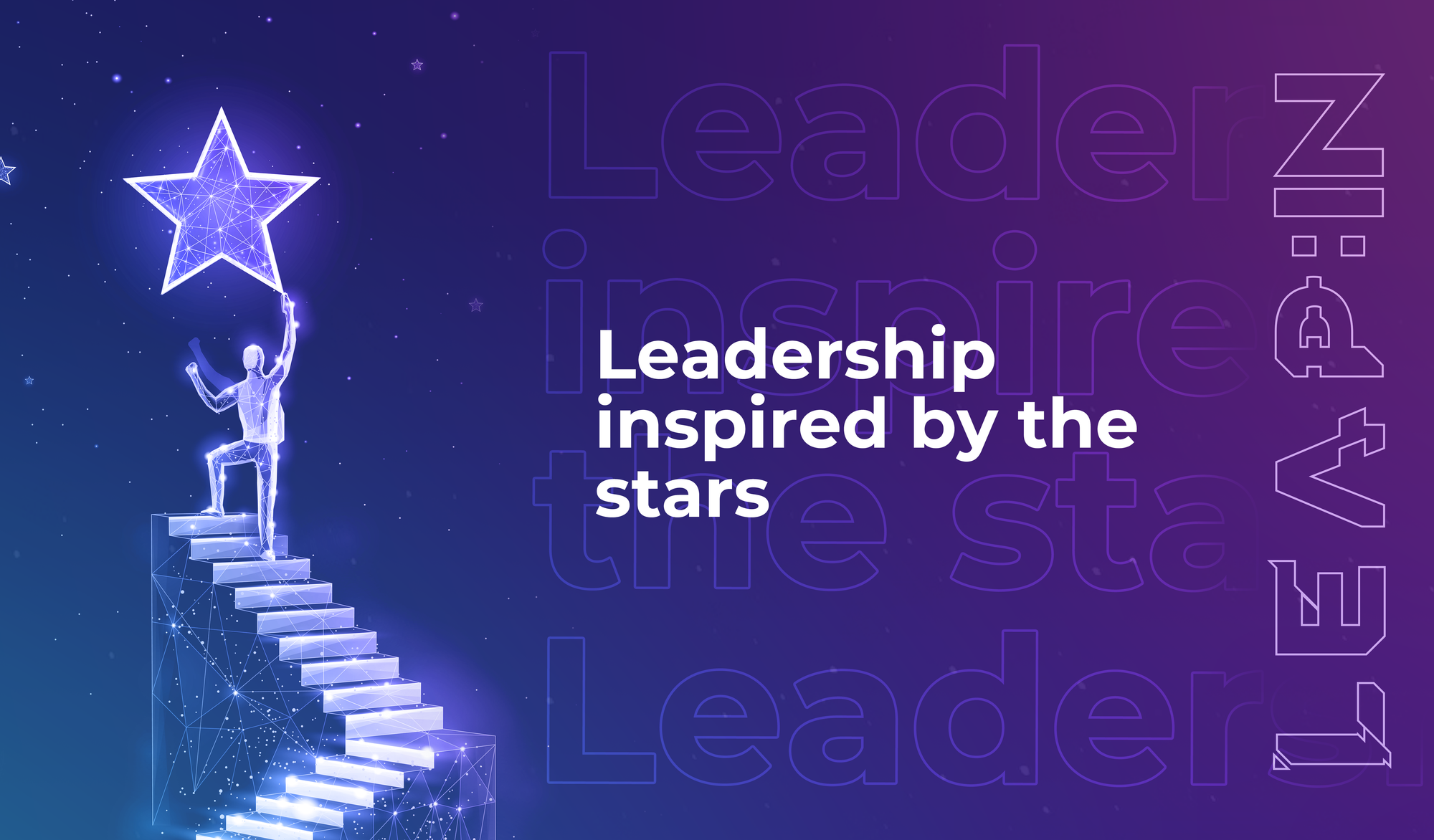

Get out of the echo chamber

Welcome to the 35 new techies who have joined us since last Friday. If you haven’t already, subscribe and join our community in receiving weekly tech insights, updates, and interviews with industry experts straight to your inbox.
This week we’re quoting Kris Libunao (Executive Director and Chief Sustainability Officer at SmartCT)
What Libunao said:
“I came from a non-tech background – and I think it is a strength; because it provides me a more well-rounded perspective and allows me to approach issues and answers from a different standpoint.”
Get out of the echo chamber
We think this is super important. Because as with all industries, tech can become a bit of an echo chamber.
Actually, we were talking about it just this morning. One of the LEAP team had gone home to visit her family in a small town in south west France. She’d been immersed in the tech world for months, barely coming up for air, and she said:
“It was so weird. I was talking to friends, to old neighbours, and none of them knew much about what’s going on with generative AI, or crypto, or XR. These technologies aren’t touching their lives yet in any tangible way – they’re still hanging out in the sun, going to coffee shops, working the same kinds of jobs.”
“The world I’m living in is alien to them,” she added.
There are different realities
In tech, we’re often focused on defining a new reality. We want to bring everyone in and show them our discoveries – because it’s exciting, right?
But not everyone cares about how to leverage AI to do the boring parts of their job quicker. Many people don’t understand cutting edge EdTech, FinTech, FoodTech, HealthTech – not because they can’t understand, but because they’re not interested. It doesn’t feel relevant to their daily lives.
Different people are living in different realities. They need different kinds of technologies. And in order for tech to reach them, it needs to be communicated in a way they actually care about.
Otherwise they get left out
- A 2022 survey by Ipsos found that only 50% of people surveyed in 28 countries trust companies that use AI as much as they trust other companies. And interestingly, citizens from emerging countries are much more likely to report being knowledgeable about AI, and to trust companies that use it, than citizens from higher-income countries
- Back in 2017, a HubSpot survey found that only 34% believed that they’d ever interacted with AI – when 84% actually had – they just didn’t know it
- In 2022 Dept Agency surveyed 2000 consumers and found that only 16% of people understand what the metaverse is
- A global study by consumer insights provider Toluna in 2022 found that more than 60% of people don’t understand crypto, and only 57% were aware of it at all
- And a UK poll in 2020 found that over half of teachers and schools don’t trust EdTech companies, or believe the claims they make; while 79% of teachers and education leaders said they wanted to see clear proof that education technologies actually work

But if people aren’t interested in tech, does it matter if they know about it?
Yes. It matters.
Industry insiders need to know that not everyone’s fascinated by the same developments. Some people aren’t lying awake at night dreaming about how they’ll use AI plugins to change their lives.
But at the same time, everyone will be affected by technology.
And it’s the industry’s responsibility to ensure that as many people as possible are impacted positively: with access to new work opportunities, inclusion in new government and private services, and the chance to ask for technologies that will make their lives better.
Tech isn’t just for techies
So we need people in tech – like Libunao – who’ve experienced different industries and different ways of life.
We need tech innovators who mingle in different circles and who can communicate technological processes (and benefits) to people who don’t have any particular interest in tech for tech’s sake.
Actually, maybe in an ideal world, tech people would all be social anthropologists. We’ll write more about that idea in a coming newsletter.
(There’s also a mental health benefit hidden in here, for tech folk)
Side note: getting a bigger picture view and feeling with your own senses the reality that not everyone cares about tech the way you do can be really good for you.
According to data from OSMI, 51% of tech professionals have a diagnosed mental health condition, and 71% said their productivity is affected by their mental health.
A 2022 report by AppDynamics found that:
- 8 out of 10 tech professionals say their jobs have become more complex since the pandemic.
- 89% said they feel ‘immense pressure’ at work
- 84% had trouble switching off from work
When she was talking about being in her French hometown, our colleague said:
“It was kind of liberating actually, to feel like the things I worry about aren’t quite as important as I think they are.”
So get out of the echo chamber. For the greater good – but for your own good as well.
Read our interview with Kris Libunao: Co-creating smart cities we can thrive in
Have an idea for a topic you'd like us to cover? We're eager to hear it! Drop us a message and share your thoughts.
Catch you next week,
Richard McKeon
Marketing Director
P.S. - Mark your calendars for LEAP 2024 📅 4-7 March 2024. Want to be a part of the action?





